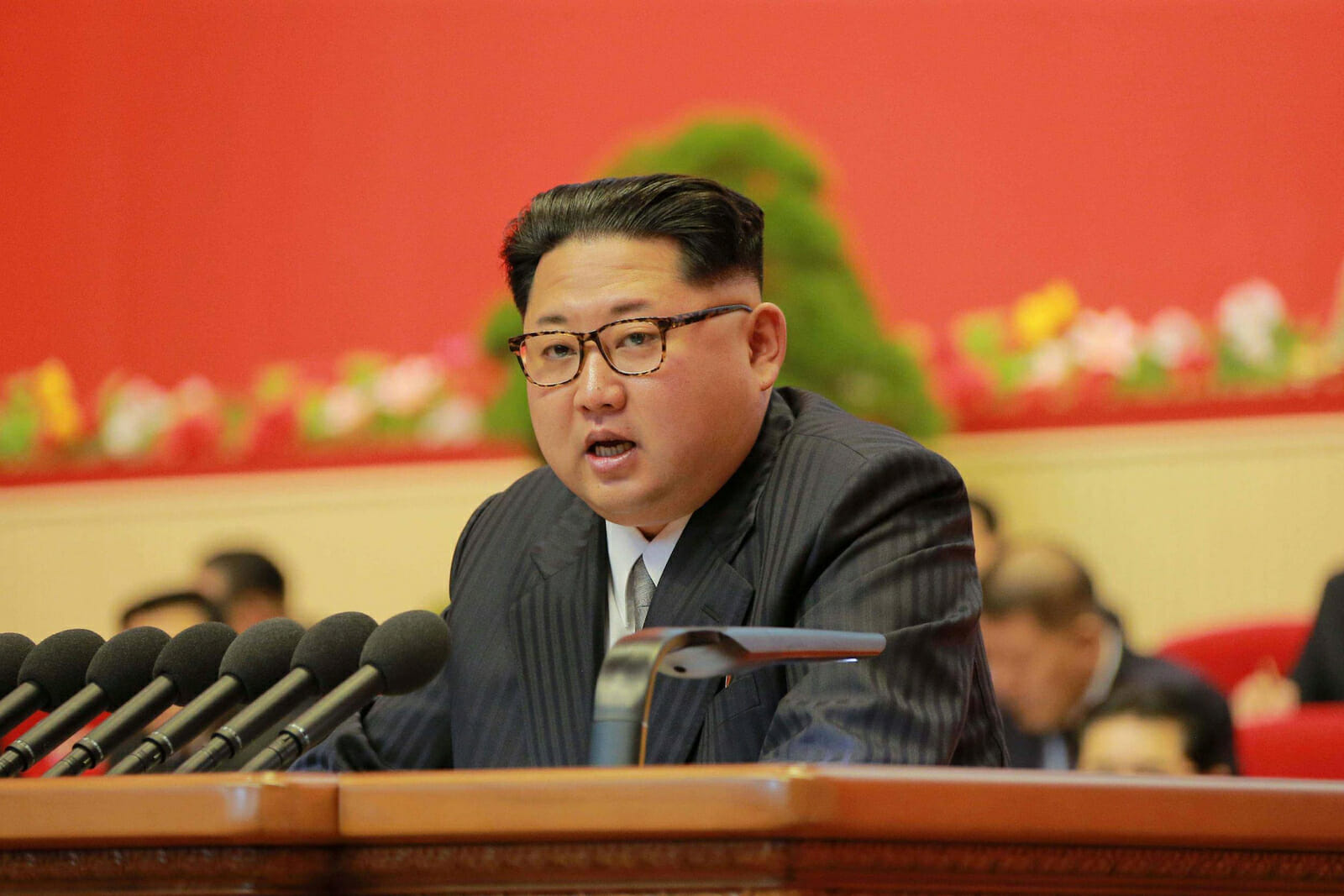
Disengagement the Best Engagement for North Korea
It took a record one month for U.S.-North Korean talks over a food for nuclear freeze swap to fall into the all too common war of words where Pyongyang threatens with a war against the U.S. and South Korea. And while admittedly this game of hot and cold isn’t anything new, what’s different this time is the record speed in which it happened.
On Wednesday, February 9th, U.S. officials announced a breakthrough in talks with the DPRK. In exchange for food aid, North Korea would freeze its Yongbyong nuclear facility and all missile tests. Fast-forward nearly forty days later, as the U.S. and its allies head to Seoul for the 2012 Nuclear Summit, Pyongyang is calling any criticism of its nuclear weapons program as an act of war. Furthermore, the regime scheduled an April satellite test, widely seen as a cover for a long-range missile test, a clear violation of the food aid agreement.
While the former North Korean strongman, Kim Jong-Il, would have strung the international community along for a few months or even a year, this sudden about-face is uncharacteristic of Pyongyang. There wasn’t enough time to extract aid, such as oil shipments in 2002, or political concessions, such as the removal of the regime from the list of state sponsors of terrorism in 2008. There was no direct benefit to the regime aside from reassurance that the U.S. was, as it has always been, willing to negotiate with the DPRK.
So what could explain this behavior? Many speculate a possible schism amongst the Pyongyang elite. With the absence of Kim Jong-Il, who ruled for nearly a decade, once dormant interests groups are perhaps surfacing under the rule of the younger less experienced son, Kim Jong-Un. Others simply write off this event as business as usual. After all, erratic and often times irrational behavior is nothing new to the regime and there’s no reason why it should disappear with the family succession.
However, as the sudden death of Kim Jong-Il, which was kept a secret for nearly two days from the rest of the world, taught us, no one really knows what’s going on in Pyongyang. So instead of asking why, I suggest a simpler question of “So what?”
So what if North Korea has decided to torpedo another chance at engaging with the U.S. through nuclear disarmament? It has done it in the past and considering the longevity of the regime and the recent lesson learned from the death of Libya’s Muammer Kaddafi, who gave up his nuclear weapons, Pyongyang seems bound to do it again. Perhaps the lesson for U.S. foreign policy from the quick death of negotiations is that at the end of the day talks with the North just aren’t going to work; a reverse of the old breakup adage “it’s not me, it’s you.”
Instead, I would suggest that the best engagement with North Korea would be no engagement at all. With an ever increasing flow of information among its population, increase in use of cellular phones, and the growing black market and development of a tiny merchant class, doing nothing may perhaps be the most effective policy in denuclearizing North Korea.
What a decade of fruitless negotiations have taught us it that no amount of pressure from the West or its closest allies, China and Russia, will be able to dissuade the regime from its nuclear ambitions. For the Pyongyang regime, its nuclear weapons capability is a form of regime survival. It serves as the vehicle to engage the West, extort occasional aid, and prevent any possibility of outside intervention. Any attempt to take away this form of regime security will be categorically rebuffed.
Only when nuclear weapons cease to be a sufficient form of regime self-preservation can North Korea truly be disarmed. And perhaps the only realistic scenario where the Pyongyang regime’s security concerns cannot be satisfied by its nuclear weapons is if the threat comes from within.
The popular protest movement, an insurrection of regional or party leadership are all circumstances where the regime’s nuclear arsenal would be powerless to save the regime. If such a threat were truly to come into fruition, perhaps then Pyongyang would be more flexible in negotiating with the U.S. In this regard, there is little the U.S. currently can do diplomatically by engaging directly with the DPRK. Instead, the U.S. and its allies should undertake other more feasible goals in its approach to North Korea. Tackling the North Korean refugee crisis in China, pressuring Beijing to cease repatriation of refugees, and even assisting with remittance transfer into North Korea are all more effective, albeit small steps.
Furthermore, the U.S. can. refocus more of its energy on enforcing compliance of UN sanctions against North Korea and to prevent the export of nuclear weapons and technologies. It would be naive to balance the denuclearizing of North Korea on the prospect of an Arab Spring like movement in the North. However, in this all too old game of bait-and-switch perhaps it is equally naive to hope for a different outcome in negotiating with a party whose conclusions have become all too predictable.

